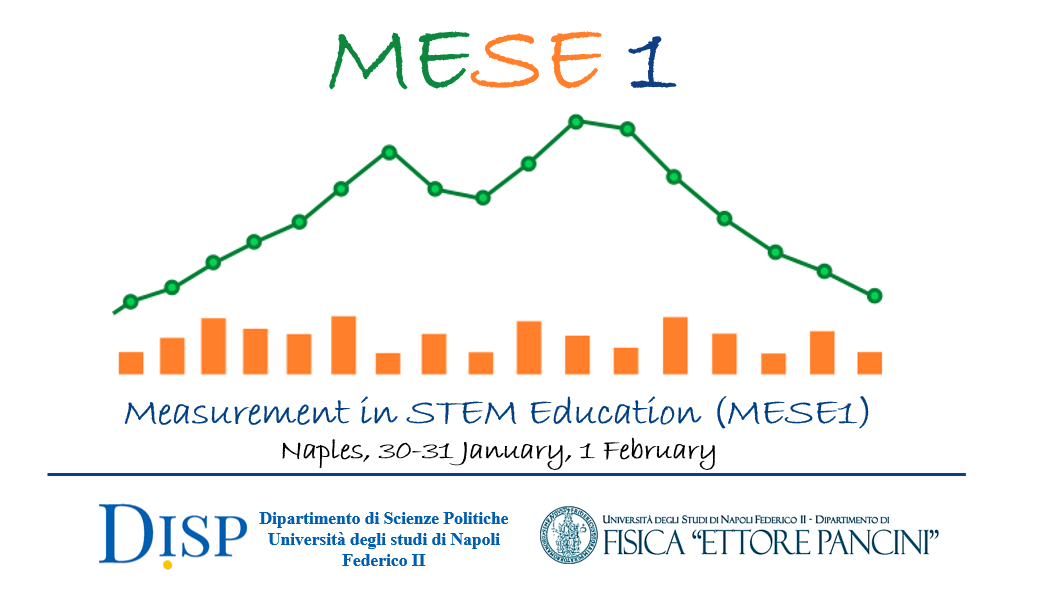Speakers
Description
In the most recent years an effort of INVALSI has been addressed to the match of its large scale population data with other sources of administrative/survey data. Technical difficulties and privacy limitations made this process complex and challenging, however, a first linked dataset has been recently developed joining together data from INVALSI, MIUR and University Register . This joint dataset allows researchers to have a wide set of panel data in which each student is followed from primary school until university enrolment and final exam.
About 248.000 university students enrolled in 2019/2020 are retrospectively match with their INVALSI test in the previous year (2018/19) and with Ministry of Education Dataset in the same year, with a rate of perfect match of 96%.
The whole collection of data in the joint dataset included:
• basic anagraphic data, such as gender, migration background, socio economic status as well as parental education (INVALSI dataset, validated through MIUR data on the same students)
• Performance at cognitive tests (INVALSI dataset)
• Characteristics of the school career and performance of the students: typology of high school, regularity, teachers’ marks (INVALSI dataset)
• Information about university career: year of enrolment, class of discipline, date and mark of final examination
In this work we present preliminary research lines using the joint dataset to gain a better understanding of gender inequalities in the choice of STEM at university. The reference population is a subgroup composed only by students attending a scientific lyceum in grade 13 of 2018/19, who are supposed to pursue with a scientific discipline at university.
The study delineates the significant differences between girls and boys in the selection of STEM (42,6% versus 54,6%), with a difference of about 20% in favour of boys.
The most analytical part of the research deals with models that aim to evaluate relevant factors for choosing STEM at University, separately for girls and boys. We built up logistic regression models, stratified for gender, and estimated the impact of factors pertaining to the demographic, socio-economic and school/skills domains.
In the development of these models, we address and discuss some methodological issues, about multicollinearity of socio-economic variables and selection of best model with AIC criterion.
Our research highlights that cultural factors, i.e. mother’s educational attainment have a stronger positive impact in the choice of STEM compared to socio-economic factors. In a similar fashion, in the selection of a highly scientific course, the mark in Mathematics given by teachers is more influential than standardized test scores obtained in the INVALSI test; with a predicted probability of choosing STEM increasing from 0.30 to 0.62 passing from weak to excellent mark in Mathematics.

